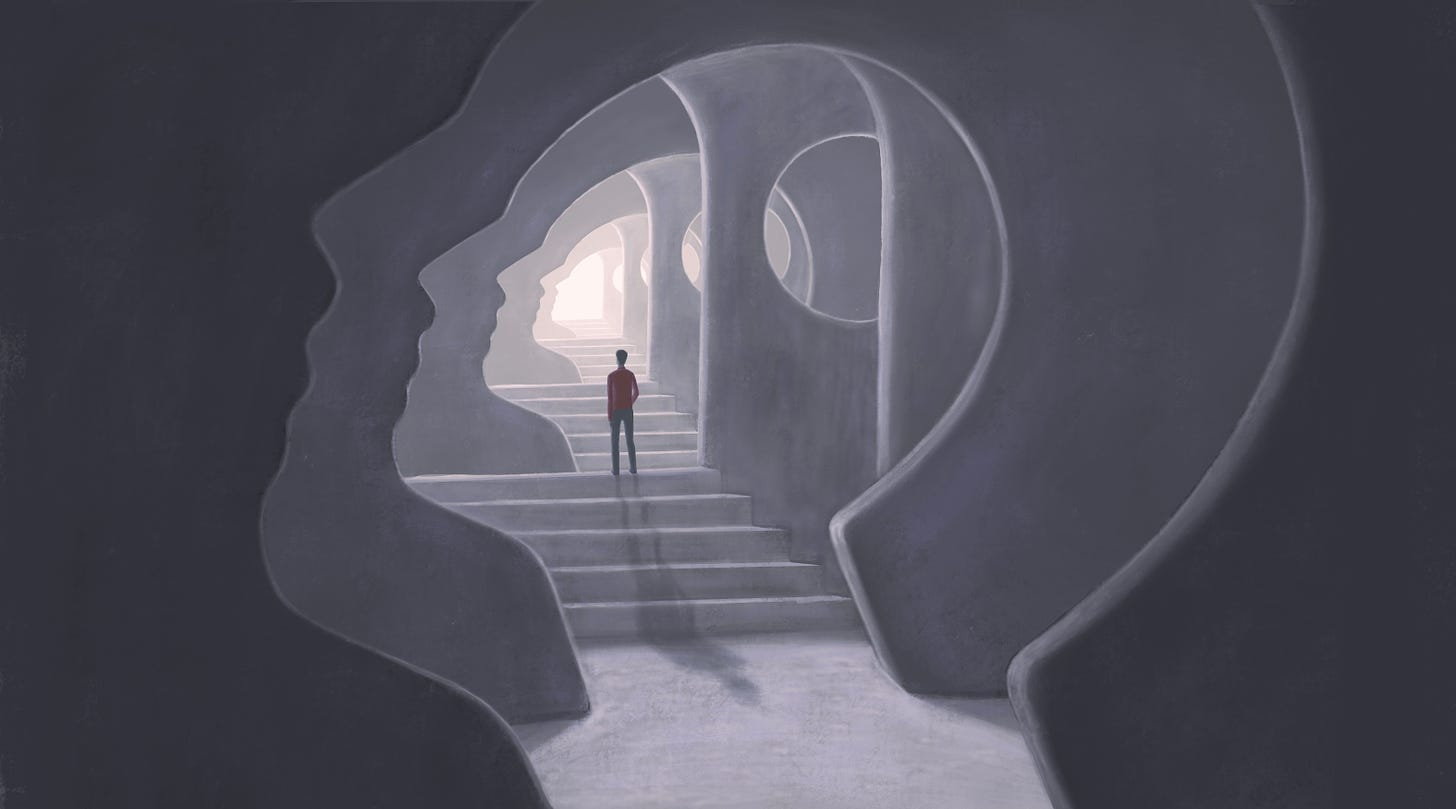Beyond Conventional
The issues related to Climate change and the potential risks the entire world faces has and will continue to fundamentally shift societal perspectives on the relationship between the built and natural environments as well as how architecture is conceived. Philippe Rahm explains that this threat “is forcing us to rethink architecture radically, to shift our focus away from a purely visual and functional approach towards one that is more sensitive, more attentive to the invisible, climate-related aspects of space”. In many ways climate change has been the powerful driver behind changes in beliefs that have opened up many new doors and opportunities for designers of the built environment. Today, the morally acceptable approach that is widely agreed upon by the profession and society at large, is that we must consider the impact and resource costs of something that is being built. This framework gives designers the license to push boundaries and experiment with systems or practices that in the past similar arguments made would have most likely fallen on deaf ears. As outlined in the lecture, these practices involve studying and experimenting with ideas like ecological urbanism, architectural thermodynamics, and much more. Moshen Mostofavi would also add that we should avoid falling into the idea trap of believing in the great “technological fix” and that we need to think more broadly. He believes that there needs to be much greater systematic changes and shifts in behavior. This attitude is something that I learned previously in an environmental ethics course at Clemson taught by the great professor Todd May (wrote books that the show "The Good Place" was framed around and he cameoed in the final episode). It also reminds me of author Nate Hagen who shares a similar belief that in order to fully address climate change, it is not possible to just continue as is and that humanity will eventually face a critical point that will force us to change more drastically if we are to survive as species. He has an interested animated video on youtube in which he outlines this perspective.
The Great Simplification | Film on Energy, Environment, and Our Future | FULL MOVIE
It is interesting to understand how architecture is intrinsically tied to these topics and can be a critical avenue to help bring about these changes that continue to shifts perspectives towards a more sustainable future.



I think this is a great point Kevin, and the attached video is very eye opening. I think it really comes down to a major shift in ideology of the population. We simply aren't all on the same page about the climate crisis and it's important that we realize the direction we're headed and start to work towards saving the Earth. As architects we've learned the skillset and are given the opportunity to, as the video state, become early visionaries to help convince others of the great simplification that is necessary.
ReplyDelete